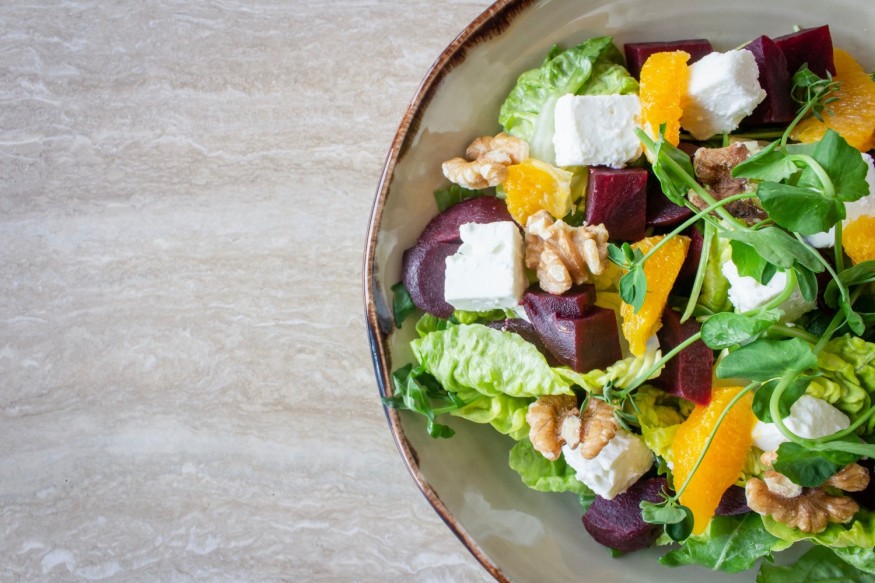
At least 17 people from eight states felt ill due to E. coli infection, according to public health officials.
There is no reported death, but seven were hospitalized. Two of them developed hemolytic uremic syndrome, a type of kidney failure which is associated with the E. coli strain O157:H7.
According to the National Kidney Foundation, the toxins coming from E. coli bacteria destroy the platelets. Then, these damaged blood cells can clog the small filtering units in the kidney called glomeruli, resulting in organ failure.
The health officials from the state of Maryland is currently investigating a store-bought chicken Caesar salad of Ready Pac. An unopened package was recovered from a patient home and is currently being tested to know if it is contaminated.
Bonduelle Fresh Americas, the manufacturer of the salad, claimed that they have tested their leafy greens and did not have any positive results for E. Coli contamination. Since it is only sold at Sam's Club, they are also doing an investigation to trace where the contamination has originated.
The US Centers for Disease Control and Prevention encouraged people not to eat or sell the Ready Pac brand with a "Best By" date of October 31.
Other states that have an outbreaks are California, Colorado, Idaho, Montana, Washington, and Wisconsin. None of them have eaten this brand before getting sick.
The CDC is still trying to identify what caused the outbreaks in those states.
Lettuce as the primary suspect
According to the CDC, E. coli, or the shortened version of Escherichia coli, are usually harmless bacteria that reside in the intestine of humans and animals. It is also a vital part of the human intestinal tract. However, there are some strains that can cause illnesses, mostly upset stomach, vomiting, and diarrhea.
Pathogenic E. coli can be transmitted to contaminated food and water, or direct contact from infected humans or animals.
In the United States, lettuce is often the culprit of outbreaks. For instance, in the second quarter of this year, at least 210 people from 36 different states got sick for eating romaine lettuce. When it ended before July, at least 96 people were hospitalized and five died.
According to Jeff Farber, director of the Canadian Research Institute for Food Safety, E. coli can be contaminated in many ways: from the soil, water, and even on mulch from improperly composted manure. It can also happen from harvesting up to shipping. And since it is often eaten raw, it can transfer the bacteria quite easy.
Biologist Rachel Noble said that while commercially grown lettuces were washed before being sold, the cleaning was only enough to be "appealing to the customer." She also added that although some companies test their wash water and irrigation water for E. coli, it does not mean the lettuces that arrived at the consumer were safe.
In order to keep your fruits and vegetables safe from E. coli, CDC highly recommended the following steps:
Wash your hands thoroughly before preparing it.
Wash and, if possible, scrub the fruits and vegetables.
When your dish comes with meat, use a separate cutting board for it.
Keep the fruits and vegetables away from raw meat.
READ : How to prepare salad?
© 2026 NatureWorldNews.com All rights reserved. Do not reproduce without permission.





